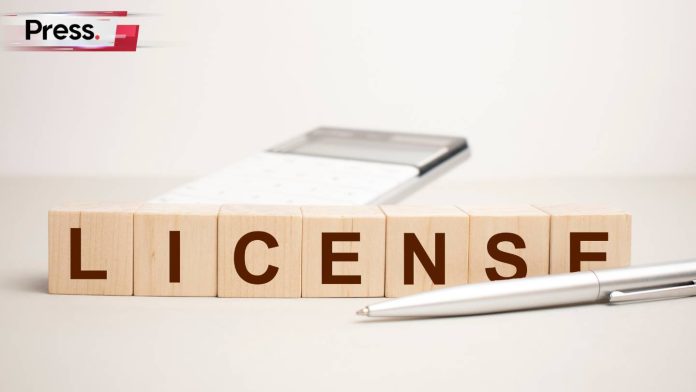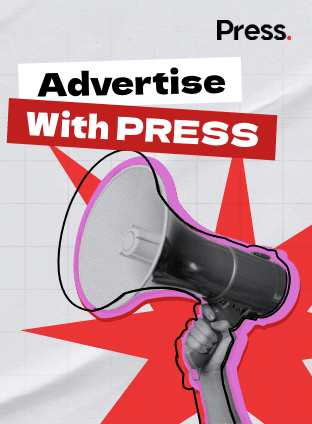Key Takeaway
- License (with S) is the verb – to give permission.
- Licence (with C) is the noun – the official document or permission itself.
- British English uses “licence” (noun) and “license” (verb).
- American English uses “license” for both noun and verb.
- Memory tip: S = Show permission (action), C = Certificate (thing).
Table of Contents
ToggleIn British English (used in Malaysia), there’s a clear distinction: “licence” is the thing you hold, and “license” is the act of granting it.
Mixing them up is a common mistake in emails, forms, and WhatsApp messages, but it’s easy to fix once you understand the rule.
This guide breaks down the difference between “license” and “licence” with examples, usage tips, and a few tricks to remember which is which.
What Does “Licence” Mean? (British English)
“Licence” is the noun: it’s a document, permit, or right that proves someone has permission to do something.
You have a licence (not license). Think of it as a thing you can hold or apply for.
Examples:
- You need a driving licence to operate a vehicle in Malaysia.
- Her business licence expires next year.
- The event was cancelled due to a missing music licence.
“Licence” = a physical or legal document that grants permission.
What Does “License” Mean? (British English)
“License” is the verb: The act of giving someone official permission.
You license someone to do something. It’s the action, not the object.
Examples:
- The ministry licensed five new private colleges this year.
- They are licensed to sell alcohol.
- Only certified architects can be licensed under the Act.
“License” = to give or receive official permission.
Read more: Women or Woman? How to Use Each Correctly in English
British vs American Usage: What’s the Difference?
Feature | British English | American English |
Noun (document) | Licence | License |
Verb (action) | License | License |
In the UK, Australia, and Malaysia (British English), the noun/verb split applies. In the US, it’s “license” for both.
Quick Memory Tip
Word | Meaning | Trick to Remember |
Licence | Noun | “C” = Certificate |
License | Verb | “S” = Show/Send permission |
“You hold a licence, but you license someone else.”
Examples in Action (British English)
Sentence | Correct or Not? |
She applied for a business licence. | ✔️ Correct (noun) |
The city licenced five restaurants. | ❌ Wrong spelling in UK; should be “licensed” |
He doesn’t have a license to drive. | ❌ Wrong in UK; should be “licence” |
They are licensed vendors. | ✔️ Correct (verb form) |
Common Writing Mistakes
It’s easy to confuse the two, especially if you read a mix of UK and US content.
❌ She renewed her driving license yesterday.
✔️ She renewed her driving licence yesterday.
❌ We must licence this artwork for commercial use.
✔️ We must license this artwork for commercial use.
Pronunciation
Both “license” and “licence” are pronounced the same:
/ˈlaɪ.səns/ – “LIE-suhns”
The difference is only in spelling, not in sound.
Examples in Malaysia
- Driving Licence: Issued by JPJ (Jabatan Pengangkutan Jalan).
- Business Licence: Required from MBPJ, MBSA, DBKL, etc.
- Broadcast Licence: Needed for radio stations under MCMC.
- Licensed Financial Planner: Regulated by Securities Commission Malaysia.
Easy Tips to Remember the Difference
In Malaysia, always write:
- Licence (noun): Driving licence, business licence
- License (verb): The council licenses vendors
Trick:
- If it’s a thing you hold, use C.
- If it’s something you do, use S.
Practice Routine for Licence vs License
1. Spot & Swap (2 mins daily)
Read through news headlines or documents. Spot where “license/licence” is used – is it correct based on context?
Example:
❌ He submitted a license renewal form.
✔️ He submitted a licence renewal form.
2. Write 3 Sentences (3 mins)
- I lost my driving licence last week.
- The government will license more clinics next year.
- She showed her food licence at the inspection.
3. Say It Out Loud (1 min)
Even though they sound the same, reinforce the use difference:
- “I applied for a licence.” (noun)
- “They will license us next month.” (verb)
4. Quick Quiz (1 min)
Which is correct?
- You need a business __________ to operate here.
- The ministry plans to __________ more schools.
Answers:
- Licence
- License
Conclusion on Licence vs License
Whether you’re applying for a licence, launching a business, or preparing investor decks, clear, correct language builds trust.
At Press, we don’t just fix typos. We craft copy that reflects your authority, aligns with local standards, and supports your brand’s bigger goals.
We help businesses sound sharp and stay compliant across every touchpoint, from licensing documents and tender proposals to SEO blogs and brand voice guides.
Our Digital PR & Content Services:
- SEO-optimised writing (just like this!)
- Legal and regulatory copywriting
- Website copy audits
- Company profile & brochure rewrites
- Government bid & tender editing
- Tone of voice development for local brands
Say the right thing, every time.
Partner with the best PR agency in Malaysia, Malaysia’s go-to team for clean, credible, and localised writing that performs.
Frequently Asked Questions About Licence vs License
Is “license” or “licence” correct in Malaysia?
In Malaysia (British English), use licence (noun) and license (verb).
Can I use “license” for everything?
No, that’s American usage. In Malaysia, the distinction matters in formal writing.
Is It a Business License Or Licence?
Licence. You apply for a business licence (noun).
What is the Verb Form of Licence?
It’s “license”, as in “DBKL licenses night markets.”
Why Does The Spelling Matter?
It shows you know the difference between action and object. It’s also important for legal and formal writing.
Is it “licensed” or “licenced”?
The past tense is always licensed with an S, even in British English.


